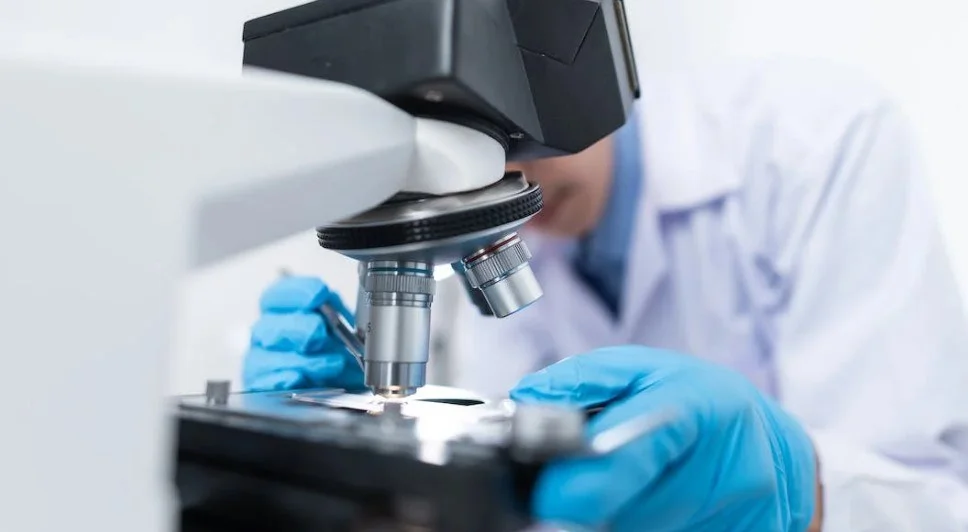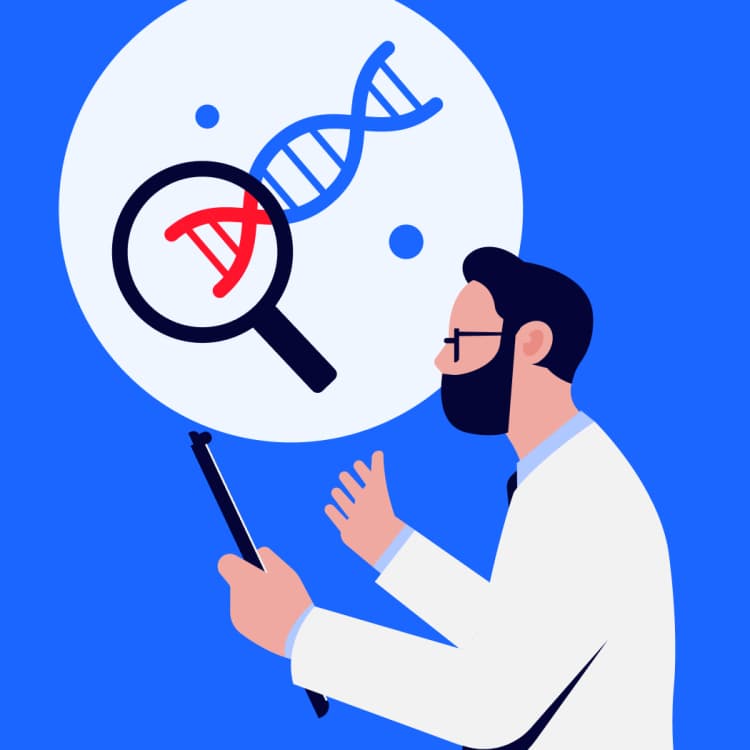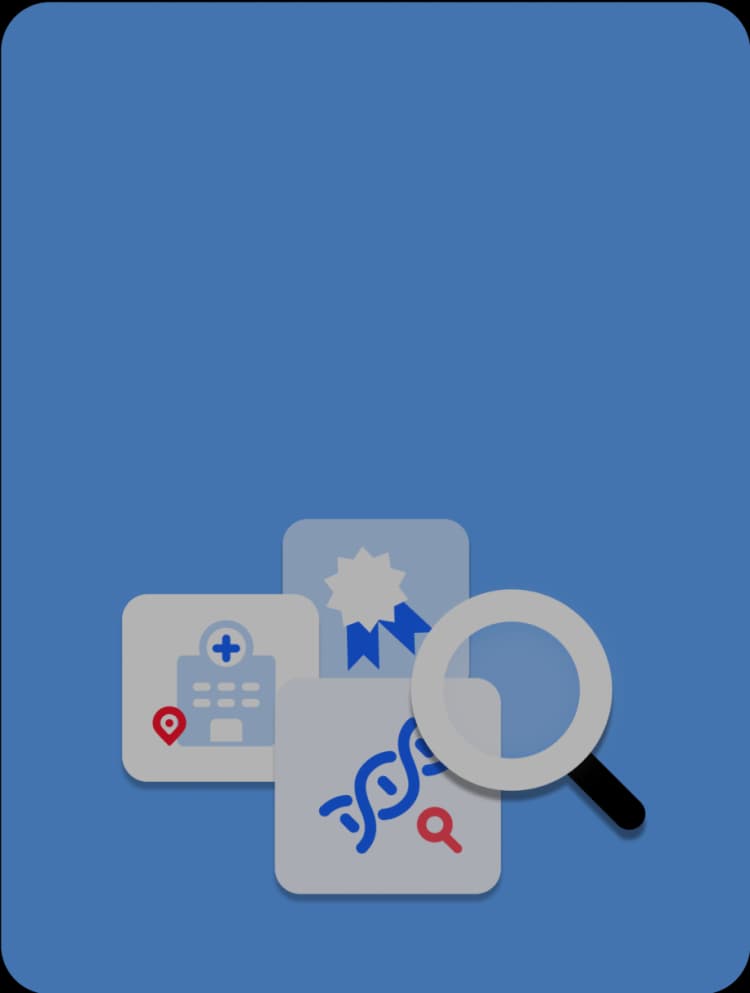How Much Does Genetic Testing Cost Without Insurance?

The ability to diagnose diseases through genetic testing is getting better and better every day, but there are still some cases where it is difficult to actively utilize it in clinical practice for various reasons. Today, we’ll talk about one of them: genetic testing that isn’t covered by insurance.
3billion has a program to help pay for genetic testing for patients without insurance who lives and USA and are struggling with unexplained illnesses or symptoms. If you would like to get help, please see the link at the bottom of this post.
Is genetic testing not covered by insurance? While many insurance plans may cover genetic testing in certain cases, coverage can vary significantly. The cost of genetic testing can vary widely, depending on the complexity of the test and the laboratory that analyzes it. It’s important to note that these prices are estimates and can change depending on various factors. As of 2023, here are some general estimates:
Direct-to-customer genetic testing
Companies like AncestryDNA, MyHeritage, and 23andMe typically offer tests that can provide insights into one’s ancestry, and in some cases, health-related predispositions. The costs for these tests generally ranged from $59 to $199. Some of these companies offer health insights as an add-on or separate product at an additional cost.
Companies that focus more on health predispositions or potential responses to medications, like 23andMe’s Health + Ancestry service or services from other genetics-focused companies, can have tests ranging from $150 to $300 or more.
Clinical genetic testing
Clinical genetic testing aims to diagnose, predict, and assess the risk of genetic disorders. If an individual has a symptoms of a disease that may be caused by genetic alternations, testing can confirm or rule out a suspected genetic disorder. It can end a long search for a diagnosis and help guide the choice of treatment and management.
What shouldn’t be overlooked here is that different companies offer different scopes, ranging from sequencing only to sample to report.
Single-gene tests
Single-gene tests are designed to evaluate a single known gene for mutations that might be responsible for a genetic disorder. They typically range from $100 to $2,000.
These tests are typically used when a person has a family history of a certain genetic disorder, or when an individual has specific symptoms that suggest a genetic condition.
One of the most well-known single-gene tests is for BRCA1 (Breast Cancer gene 1). BRCA1 is a gene that produces a protein responsible for repairing damaged DNA, and it is classified as a tumor suppressor.
CMA (Chromosomal Microarray)
CMA is a genome-wide scanning technique used to detect submicroscopic chromosomal imbalances (like deletions or duplications) that are too small to be seen with traditional chromosome analysis. CMA is especially useful in evaluating the genetic causes of developmental delay, intellectual disability, and autism.
A CMA test can cost anywhere from $1,000 to $2,500 without insurance.
Fragile X Testing
This test looks for mutations in the FMR1 gene, which causes Fragile X syndrome, a leading cause of inherited intellectual disability. The test typically involves analyzing the number of CGG repeats in the gene.
Testing for Fragile X syndrome, which is often associated with autism, usually ranges from $300 to $400.
Whole Exome Sequencing (WES)
WES analyzes the exomes or protein-coding regions of all genes in the genome. Since most known genetic mutations that cause disease occur in exomes, WES can be a powerful tool for diagnosing rare genetic disorders.
WES can cost anywhere between $600 to over $1000. The prices have been decreasing over time with advances in technology.
Whole Genome Sequencing (WGS)
WGS examines nearly all the DNA content in a person’s cells, including non-coding regions. This comprehensive approach can detect genetic variants outside of exomes and provide a broader understanding of genetic conditions.
The cost of a human genome sequence decreased from an estimated $1 million in 2007, to $1000~$1500 in 2014, and today it is approximately $600. (Sequencing only)
These prices are for the tests alone and don’t include the cost of consultation with a genetic counselor, which can also be several hundred dollars. If a person doesn’t have health insurance or if their insurance doesn’t cover these tests, the out-of-pocket costs can be significant.
It’s also worth noting that some labs or companies offer financial assistance or payment plans for patients who cannot afford the full cost of testing, and certain non-profit organizations may also provide funding for genetic testing in specific circumstances. Therefore, it’s always a good idea to discuss these options with healthcare providers or a genetic counselor.

Introducing Our Enhanced Exome Sequencing!
If you're considering genetic testing without insurance, get a clear breakdown of exome test pricing and what it includes.
Get exclusive rare disease updates
from 3billion.

Sree Ramya Gunukula
Marketing Leader with experience in the pharma and healthcare sectors, specializing in digital health, genetic testing, and rare disease diagnostics.







